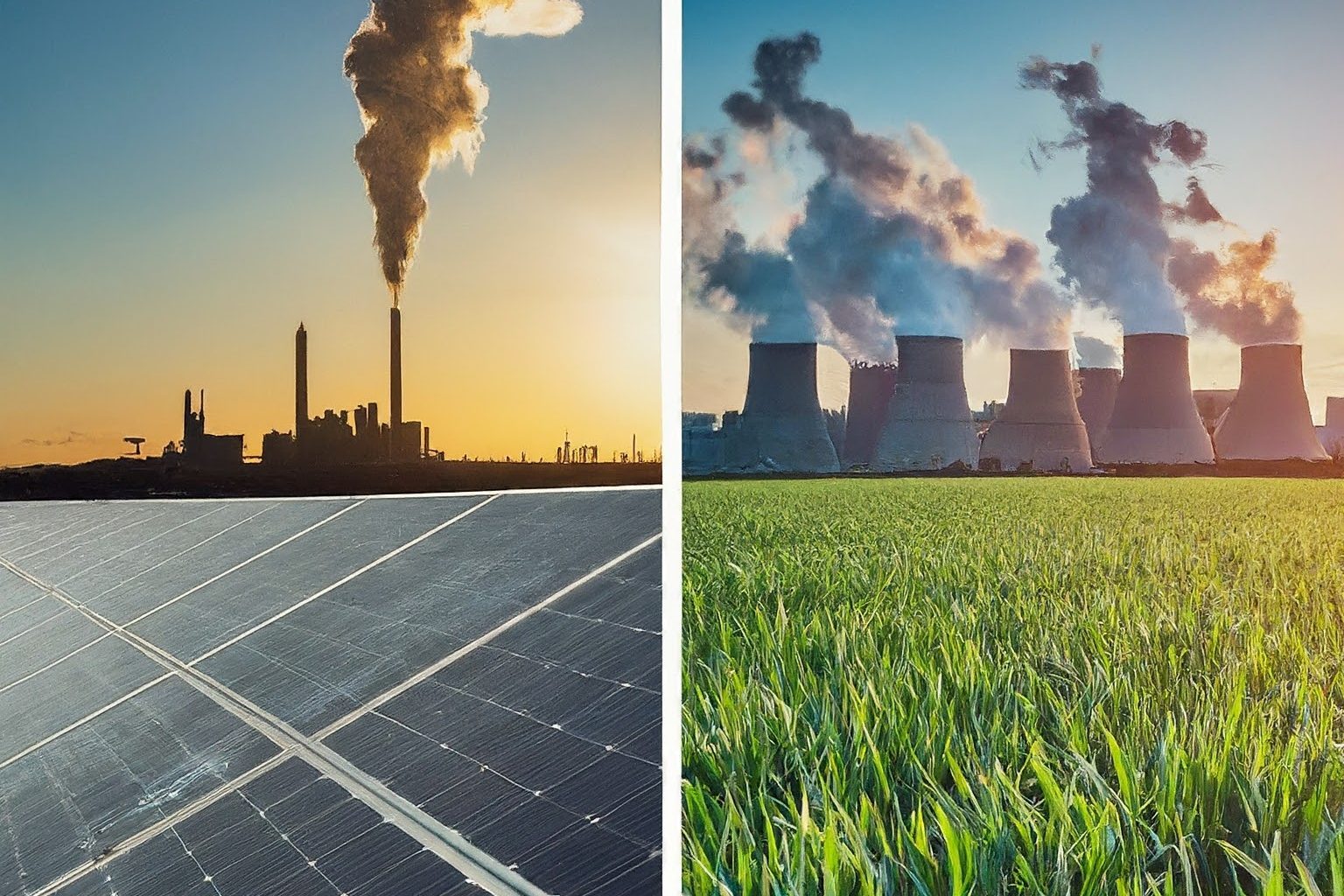The world of environmental, social, and governance (ESG) efforts is undergoing a significant transformation. While companies have recently been paying more attention to ESG, 2023 presented some hurdles. Mentions of ESG on company earnings calls have dropped back to levels similar to 2020, but executives still say they’re committed to these issues. As the discussion around ESG gets more political, businesses are finding new ways to show their dedication. From big corporations to local shops, everyone is taking action to fight climate change and embrace the move towards sustainable energy and a green economy.
For many consumers, being eco-friendly is a major factor when making purchases. A study by PwC shows that support for sustainable brands, products, and services remains strong. A whopping 70% of those surveyed said they’d be willing to pay more for things that are made sustainably. There’s a clear trend of people wanting their buying habits to reflect their social and environmental values. Notably, Millennials and Gen Z are leading the charge, spending more on sustainable products according to the PwC study.
The United States has over 33 million small businesses, and they play a vital role in building local communities and driving economic growth. Business owners are becoming more aware of the importance of sustainability, not just to attract eco-conscious customers, but also to save money and improve operations.
However, many small business owners struggle to get the money they need to make their businesses more sustainable. Luckily, there are a variety of programs, grants, and tax breaks available to help them reach their sustainability goals. These resources come from federal, state, and local governments, as well as non-profit organizations and corporate foundations. This gives business owners a wide range of options to explore for funding and take concrete steps towards environmental responsibility.
National Funding for Green Businesses
The government is a major source of grants for small businesses. For example, the Environmental Protection Agency (EPA) allocates over $4 billion a year to various organizations. Businesses can search Grants.gov for a complete list of government grants.
Here are some specific grant programs:
- Environmental Protection Agency (EPA) Small Business Innovation Research (SBIR) Program: This program gives money to small businesses that develop and sell innovative environmental technologies.
- National Science Foundation (NSF) Small Business Technology Transfer (STTR): This program helps small businesses with research and development projects that could lead to new products, processes, or services.
- U.S. Department of Energy (DOE) Office of Energy Efficiency and Renewable Energy (EERE) Advanced Manufacturing Office (AMO): This program provides funding for research and development in advanced manufacturing technologies for small businesses.
- USDA Rural Energy and America Program (REAP): REAP offers grants and loans to rural small businesses to buy and install renewable energy systems and make their buildings more energy-efficient.
- Sustainable Agriculture Research and Education (SARE): SARE gives grants to farmers and ranchers who want to use sustainable practices, such as renewable energy and energy efficiency.
State Grants for Going Green
On top of federal grants, there are also many grants available from state and local governments for small businesses that are committed to environmental responsibility. Looking into state and local grants can help businesses find programs that are specifically designed for their region.
Here are a few examples:
- The New York State Energy Research and Development Authority (NYSERDA): NYSERDA offers a variety of funding opportunities for businesses in New York to complete energy efficiency and renewable energy projects.
- California Climate Investments: This program gives money to projects that aim to reduce greenhouse gas emissions and make buildings more energy-efficient. These projects can include things like making buildings more energy-efficient, using renewable energy, and developing sustainable transportation options.
- Massachusetts Clean Energy Center (MassCEC): MassCEC provides financial support for a wide range of clean energy projects, including those focused on environmental justice, reducing carbon emissions, and clean transportation.
Grants are a valuable resource for small businesses because they provide access to the money and resources they need to be successful while also protecting the environment. Business owners are increasingly recognizing the benefits of eco-friendly practices, such as improving brand image, attracting customers, boosting employee morale, and contributing to a healthier and more sustainable planet for everyone.

Leave a Reply